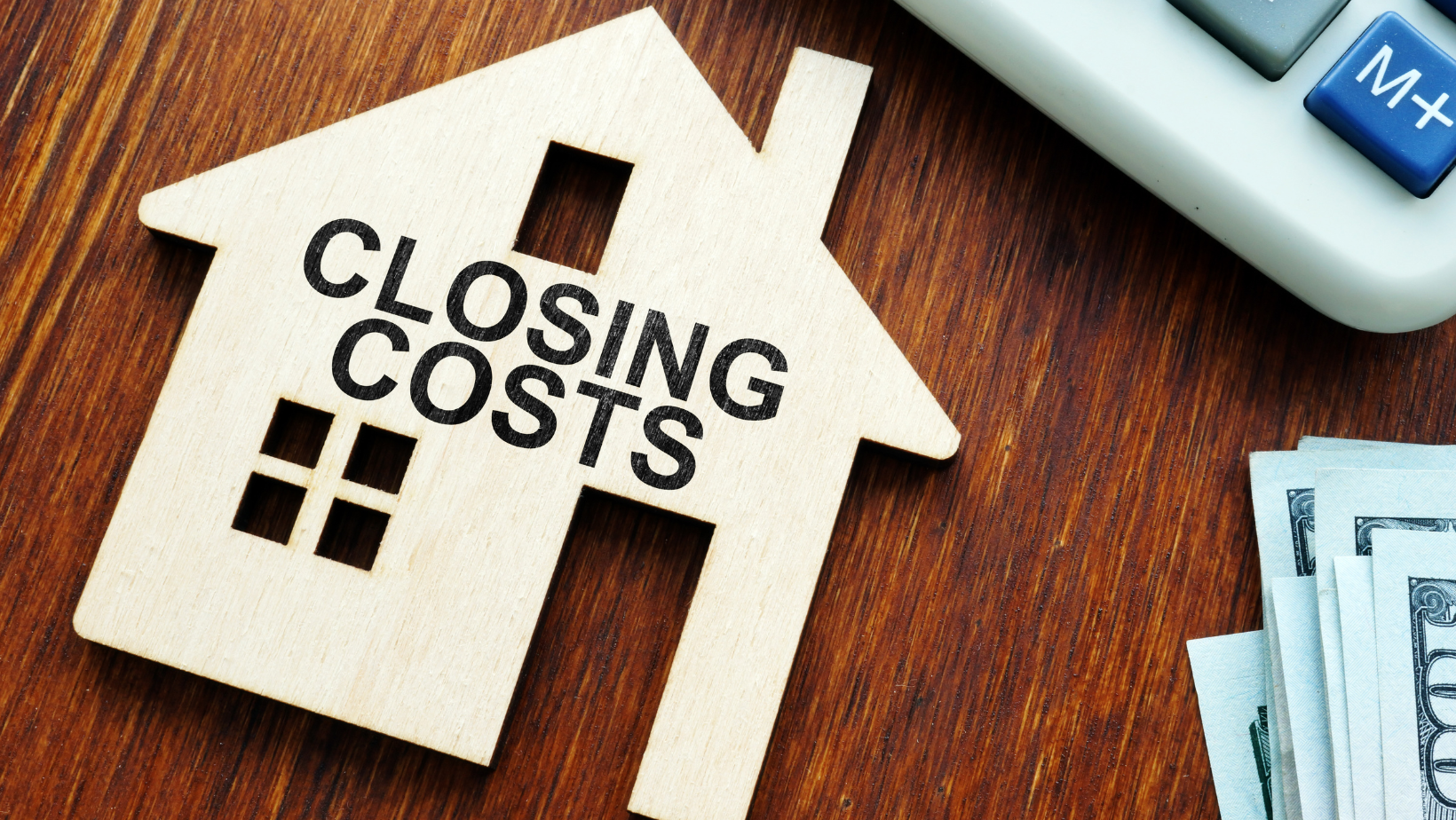
 Buying a new home is an expensive process. Most buyers prepare themselves for the monthly loan amounts and the down payment. However, you must also budget for the other fees that come with buying a home. If you don’t budget properly for closing costs, the home-buying process could be more difficult than you’d like.
Buying a new home is an expensive process. Most buyers prepare themselves for the monthly loan amounts and the down payment. However, you must also budget for the other fees that come with buying a home. If you don’t budget properly for closing costs, the home-buying process could be more difficult than you’d like.
What Are Closing Costs?
Closing costs are fees you must pay when you’re finalizing your home loan. Closing costs are similar to a down payment, in that you must pay them upfront rather than including them in the loan amount. The various fees you might need to pay when buying a home depend on factors such as the type of loan you’re using, the type of home you’re buying, the location of the home, and the lender you’re using. Closing costs include:
- Application fee.
- Appraisal.
- Attorney fees.
- Closing fee.
- Courier fee.
- Credit reporting fee.
- Escrow funds.
- FHA mortgage insurance.
- Flood certification.
- Homeowners association transfer fee.
- Homeowners insurance.
- Loan origination fee.
- Lender’s title insurance.
- Lead-based paint inspection.
- Owner’s title insurance.
- Pest inspection fee.
- Prepaid Daily Interest Charges.
- Private mortgage insurance (PMI).
- Property tax.
- Rate lock fee.
- Recording fee.
- Survey fee.
- Tax monitoring and tax status research fees.
- Title search fees.
- Transfer tax.
- Underwriting fee.
- VA funding fee.
How Much Are Closing Costs?
The amount you’ll need to pay in closing costs varies from person to person. Generally speaking, closing costs are around 3%-6% of the loan amount. For example, if you take out a $300,000 loan, the estimated closing costs would likely be about $9,000 to $15,000. For Texas, the average closing cost amount, including taxes, is $3,753.65.
What Are Seller Concessions?
When buying a home, the buyer typically pays most of the closing costs. However, some buyers don’t have enough money to pay for all the closing costs. In this scenario, the buyer might try to negotiate with the seller to cover some of the closing costs, which is called seller concessions. Seller concessions can be very helpful, but there is a limit to how much they can pay.
For example, with a conventional loan, sellers are capped at paying no more than 9% for closing costs and only if the buyer pays a down payment higher than 25%. For smaller down payments, the seller is capped at a lower amount. An FHA loan caps the contribution limit at 6%, based on either the home’s appraised value or the purchase price, whichever is lower.
Prepare for Closing Costs in Texas
When it comes time to buy your next home in Texas, you’ll want to work with one of the best mortgage lenders in Dallas, Texas. Here at The Tuttle Group, we can help you prepare for all the closing costs that come with buying a new home so nothing takes you by surprise. We also have more information on conventional loans so you can learn how they work. Whether you are a first-time homebuyer or just want to be prepared for the next buying experience, contact The Tuttle Group today.



